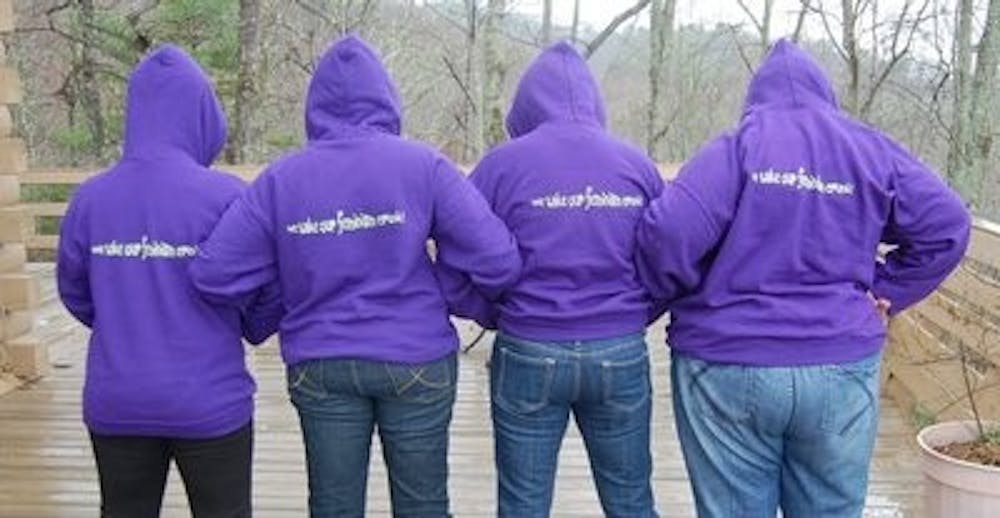"Where crunk meets conscious and feminism meets cool," is the tag line for the Crunk Feminist Collective, an advocacy group geared toward furthering the rights of today's women of color and all sexual orientations. The group began gathering informally in 2004 at Emory University as few graduate students of color who were getting their Ph.D. in various disciplines.
"It was just a way for us to come together and support one another in an environment that was sometimes hostile racially and gender wise," said Dr. Susana Morris, an English professor at Auburn and co-founder of the CFC.
The name of the feminist group sticks out, breaking the mold of traditional women's advocacy groups and breaching into territory that has gone undiscussed by many.
"It was almost a playful way to talk about something serious," Morris said as she explained the name's origin in greater detail. "We were taking classes and people would say racist comments or we'd be on campus and something like that would happen."
The CFC would gather as a group of friends and discuss these issues using the language of the streets and songs that were out at that time.
"We're going to get crunk, you know?" Morris said. "Meaning, I had to shut down a particular conversation in class, or I had to defend myself. It was a way to sort of say 'I'm engaging in debate in a rigorous way, and I'm defending myself.'"
Six years later after the group had parted ways, Morris and Brittney Cooper, founding member of the CFC and professor at the University of Alabama began discussing the need to continue to get crunk. From here, the idea of starting a blog to communicate their ideas to the world was born.
Morris and Cooper invited friends and colleagues who wanted to write about feminism, race, politics, pop culture, hip hop or any number of things to post in the blog.
Though the group continues to fight actively against sexism, large amounts of women believe that the struggle is no longer relevant.
"Some women might think that all feminist goals have been achieved and there is nothing left to be done," said Dr. Joyce de Vries, director of women's studies program and associate professor of art history. "But, women's wages are still on average only 77 percent of men's, even when their education, experience and job descriptions match. We need to continue to work on this."
"Or, if women think there are still things that need to be changed, they don't always think they can change them or don't know where to start," de Vries said. "There are so many avenues to enact change these days. The first step is speaking up, and then finding people to work with on the issue."
In terms of speaking up, the CFC is not afraid. What was once a group of friends setting out to both support and challenge one another is now a collective group that touches the lives of thousands through its blog, lectures at various universities and of community outreach in urban areas.
Students interested in learning more about the goals of the CFC should attend their on campus event, co-sponsored with AU Connects! Common Book Program. The event will be held in Langdon Hall at 4 p.m. Monday, Feb. 18.
Do you like this story? The Plainsman doesn't accept money from tuition or student fees, and we don't charge a subscription fee. But you can donate to support The Plainsman.





